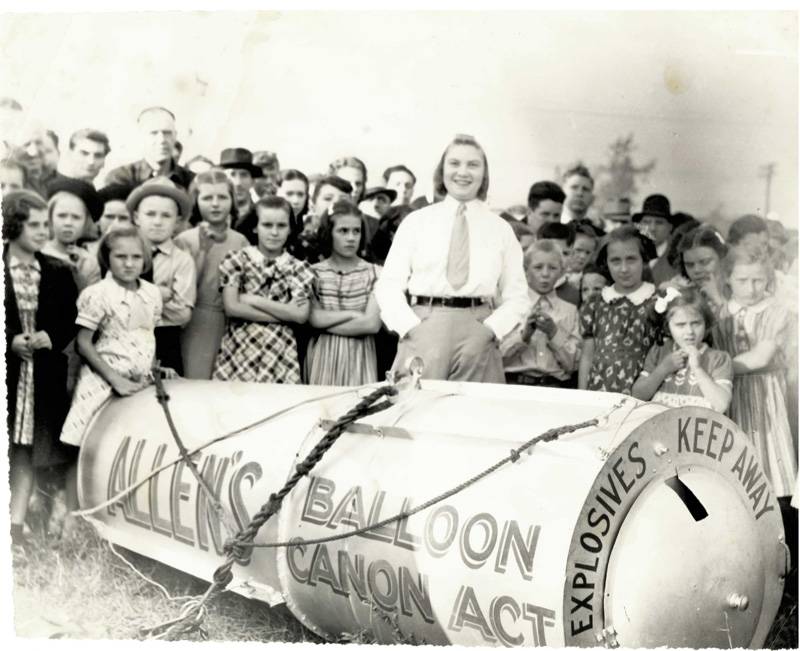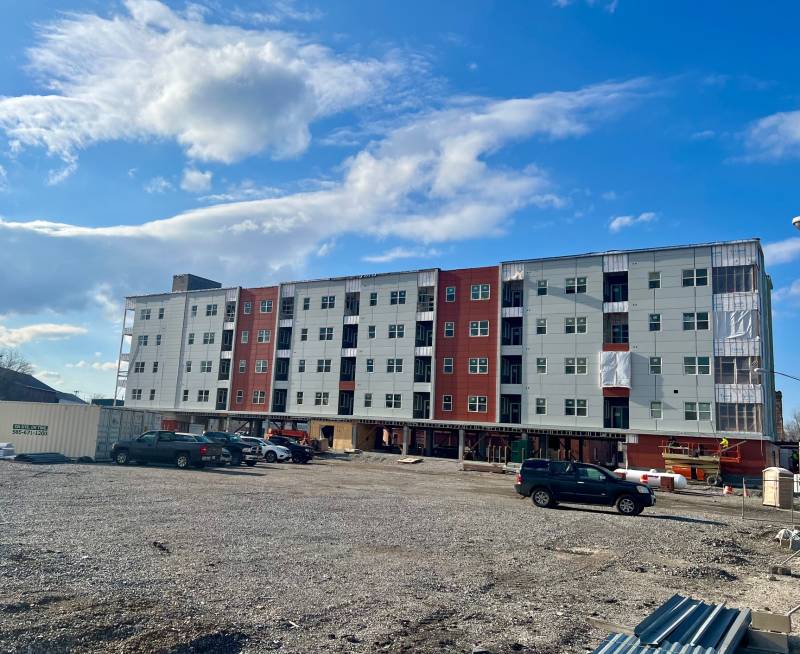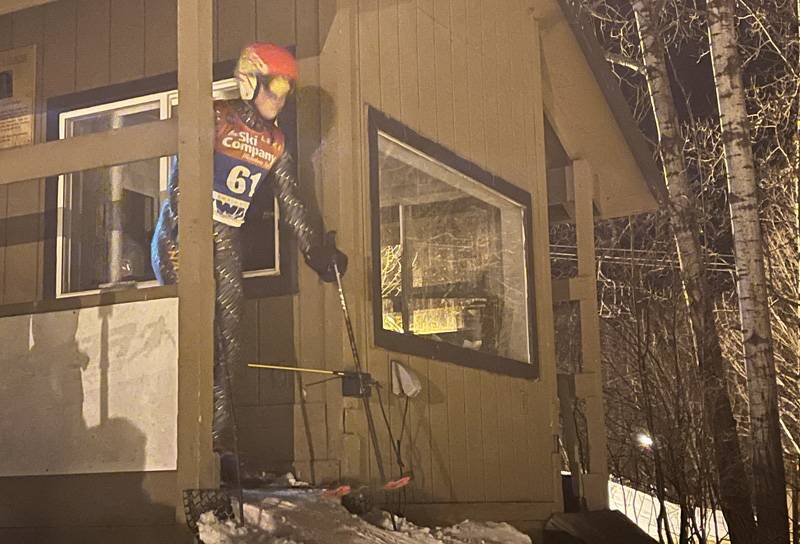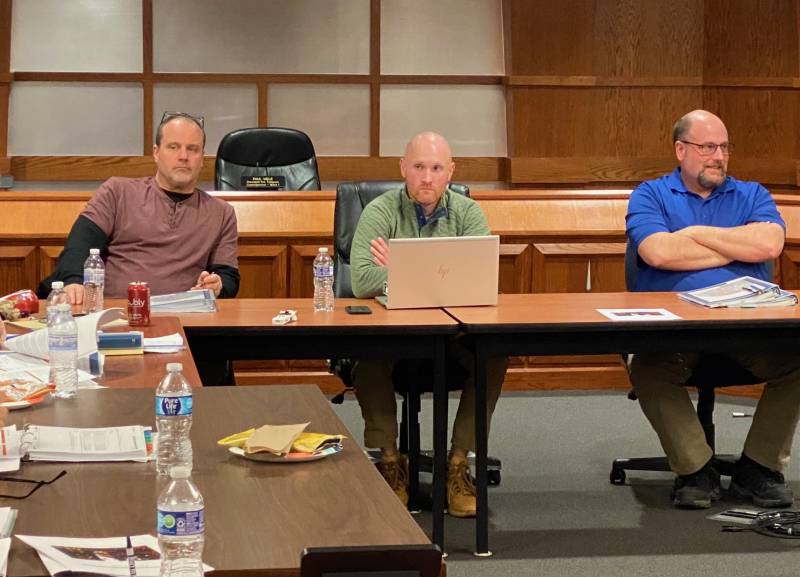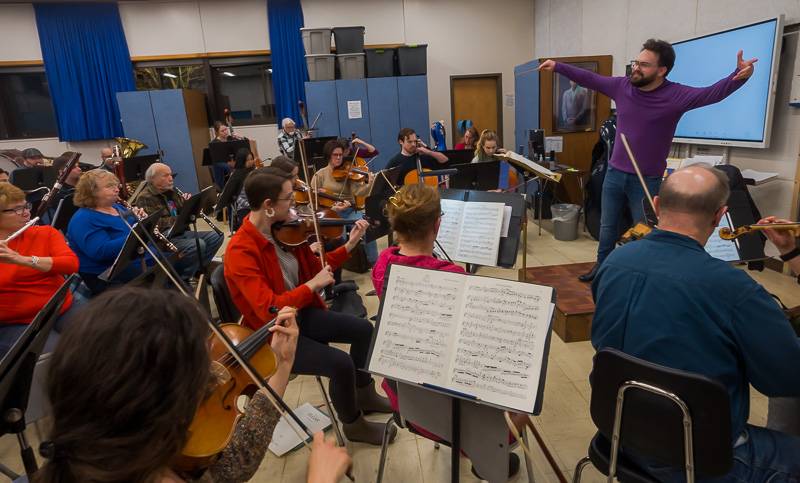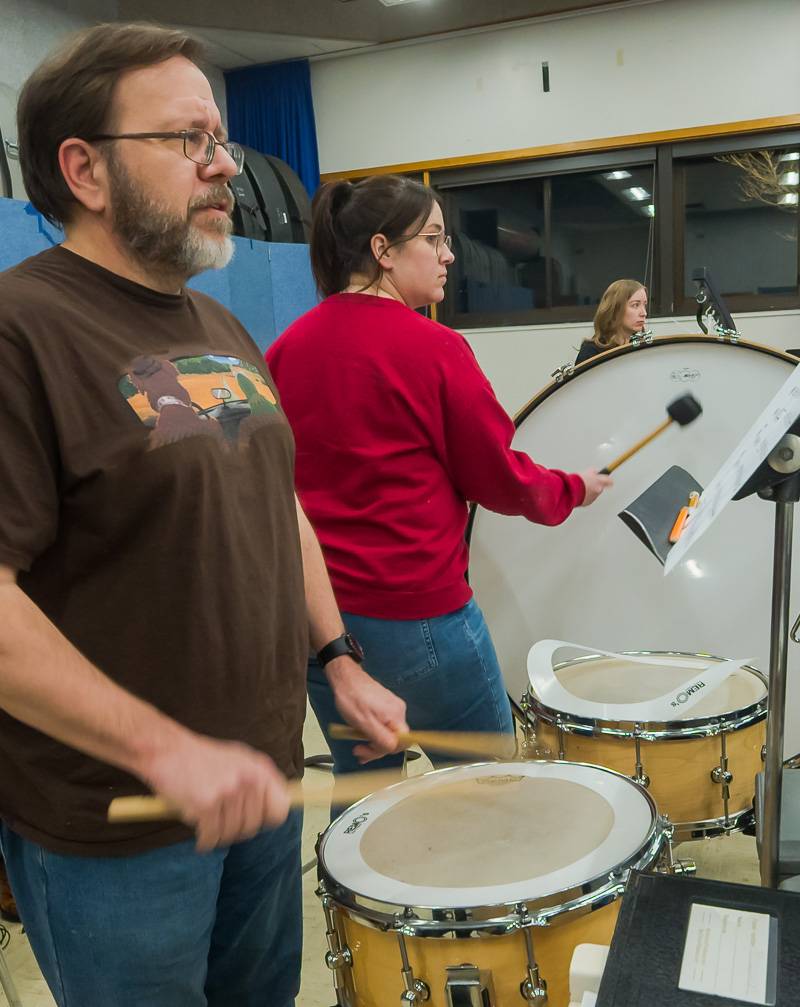City Council members push back at budget criticism, defend decisions
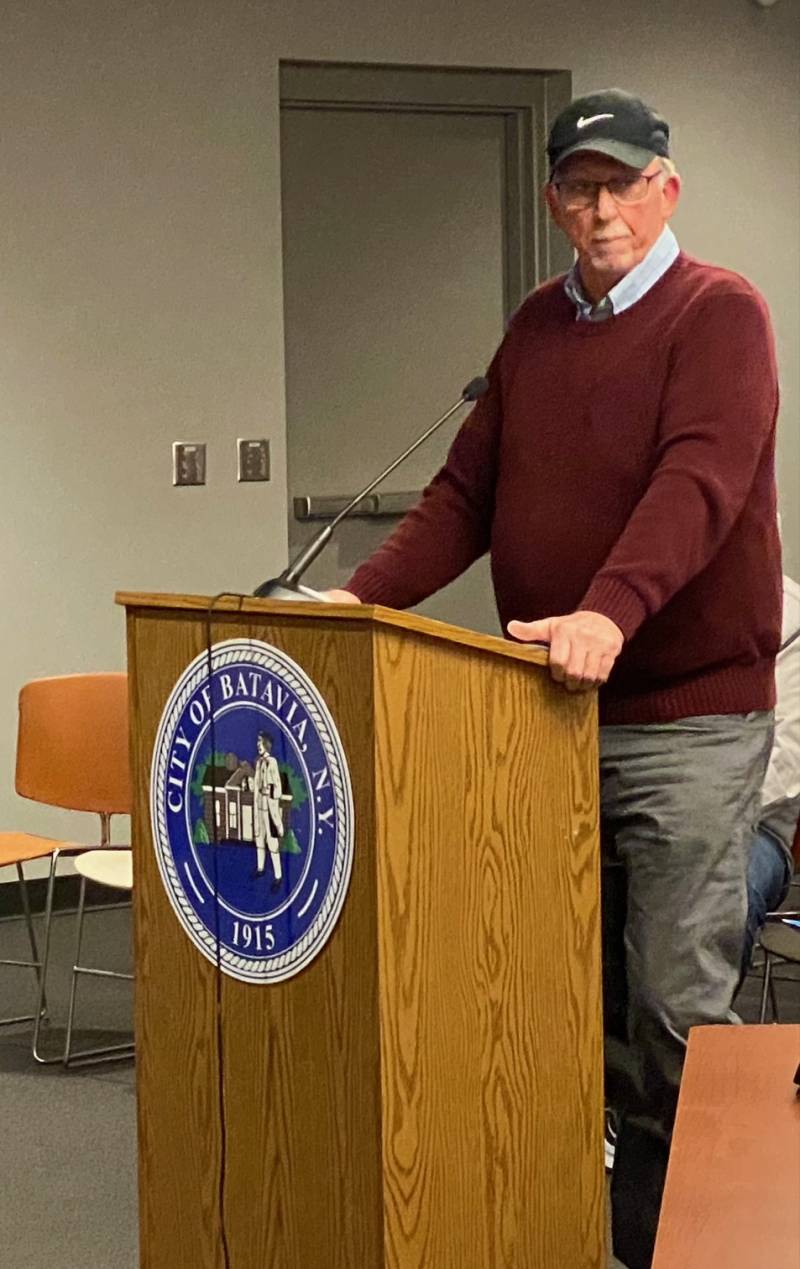
Photo by Joanne Beck
One thing that city resident Rob Houseknecht — who has raised several issues regarding the proposed 2025 budget — cannot complain about is that his criticism was not heard Monday evening at City Hall.
Houseknecht took to the podium for the several minutes that he was allowed, and questioned city police staffing, the proposed two-cent tax rate increase, an implied safety level on city streets, and what he and apparently others felt was a bloated budget.
“You probably know that we had a meeting at the Holland Land Office on Saturday, a number of city residents showed up, and, a lot of comments were there that not everybody's happy with what you guys are doing here,” he said during City Council’s business meeting. “I'm not in favor of any tax increase, I don't care whether it's small or not. We're getting hit around from every branch of government, federal state, county city. Why, and we keep putting more people on. They want to hire more officers, like to the tune of five, for 80-something-thousand a year. If I remember correctly, the city manager said city streets are safe: you can walk Main Street at any time of day or night, you can walk the side streets, you can walk on the south side of the street, you can walk all over it.
“Well, I'm wondering if the city manager’s actually walked at night. I have, and I felt very uncomfortable. Just walking down the main street in the summertime, not a good feeling for me. And so my point is, if the streets are so safe, why do we need five more officers?” he said. “I don't know. I just don't see it. Like I said, every time you hire somebody, it is affecting our tax base. I would think that you guys would work hard for the city residents to not have tax increases and keep things as cheap for people as you can.”
Houseknecht questioned the need for an extra position to handle freedom of information requests at the police station, and the five additional patrol officers — a recommendation that came from a state criminal justice study and is not in this proposed budget — and suggested using the grant writer to perform some of those police clerical duties.
He was surprised to learn that the city population has grown by more than the 100 people he initially thought. Council President Eugene Jankowski Jr. said that the total has grown by more than 1,000, though the total population in the city’s budget materials cites a growth of 135, for a total of 15,600 according to the April 2020 census.
The point was that the city’s budget is providing services for a larger number of citizens, and Houseknecht then wanted to know if council members have looked at “who these people are and what they do?” Are these additional residents “people that are holding jobs here in the city of Batavia,” he said.
“Are they people that are here for our handouts of welfare and things like this, and where are they going? Isn’t that an important factor?” he said. “It is to me. There is just so much here that I could talk for probably all night … I just don’t support the tax increase, and I think you should take a look at the budget and trim it down. See where you can double up people, see where you can make things work without hiring more people.”
He also mentioned that he saw a Batavia City Police car in Akron and wondered what it was doing there. That vehicle belongs to a school resource officer who lives in Akron and drives it to work in Batavia and back home, where he parks it, City Manager Rachael Tabelski said. The city school district pays for SRO salaries, and the police department budget provides for the vehicles, which are part of the contract, she said.
The topic of city vehicles being taken home by department heads also came up, and Tabelski said there are 13 instances of people taking vehicles home, and not all of them are outside of the city as claimed. They are part of contractual negotiations and include the K-9 vehicle, Bureau of Maintenance, public works, water and wastewater superintendents, snow and emergency management positions, fire, police, and department heads, and detectives.
Jankowski said that the city is also considering the purchase of used vehicles when possible to reduce the expense. Council recently discussed the possibility with Public Works Director Brett Frank during a budget session.
“That’s what we’re looking into,” Frank said. “We budgeted for replacement of three vehicles that are new replacements. But if we can find something through that program, we absolutely have no problem with that.”
As for city streets being safe, Tabelski clarified that she wants all city streets to be a safe place for residents to walk at any time, and that is what the police department is aiming for with its Neighborhood Enforcement Team, surveillance cameras, and other ramped up law enforcement strategies. Here is what she was quoted as saying in a Jan. 23 article on The Batavian from a Jan. 22 budget session:
“I think it's always good to think about our mission, why we're here for the residents of our city, what we want the city to be. I want the city to be a safe place, a family-friendly place where I'm comfortable walking down the streets with my kids, any hour, night and day.”
Councilman Paul Viele pointed out that Tabelski “did a great job” with the budget, and that people want to complain even though they also “want a police officer when they need it, and they want the fire department when they need it.”
“But people should really be bitching about school taxes because that’s a joke,” Viele said. “The city’s taxes count little, the school’s huge. So I think our manager did a great job, and no one complains about the school taxes, and that’s the worst one.”
Fellow councilman Rich Richmond said that he and Councilman Bob Bialkowski both sat on the city’s Audit Committee and learned about all of the ins and outs of city finances, such as how water treatment plant chemicals increased close to 112 percent, he said. The city’s grant writer, a position that gets “bashed” for being indulgent spending, pays for itself by obtaining grants for projects, he said.
He then posed the dubious question: what do you want to cut? Should we cut at the fire department, the sewage treatment plant, the water department, any and all of them?
“Those cuts are fine and good until you need that. Well, let's talk about vehicles, for example, some have a problem with certain people in management, the fire chief, the police chief, taking the vehicle home. If there's an emergency in the city, should they drive in, in their own car, and park it someplace to respond to a hostage situation or a bad fire?” he said. “I’ll say it again, I was on the audit committee. And my colleague, Bob Bialkowski was on the audit committee. Nothing was brought up, everything was fine. As a matter of fact, we both praised the city workers for coming up with the bare-bones budget. And I applaud all the people in this city for the hard work that they're doing.”
Council set a budget public hearing for 7 p.m. Feb. 26 at City Hall. The budget remains at about $37 million with a tax levy of $6.7 million and a two-cent increase per $1,000 property assessment. That would mean a $2 increase per year on a home assessed at $100,000 and a proposed tax rate of $8.96 per $1,000 property assessment. There is also an increase of 19 cents per 1,000 gallons of water, plus water meter and capital improvement increases, for an estimated total of $47.20 more per year for a household of four people.
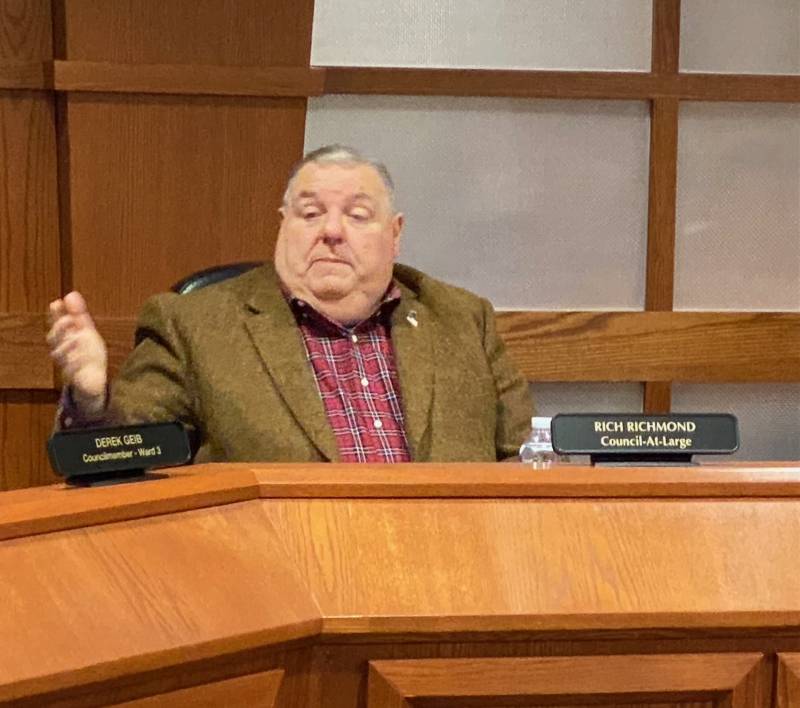
Photo by Joanne Beck
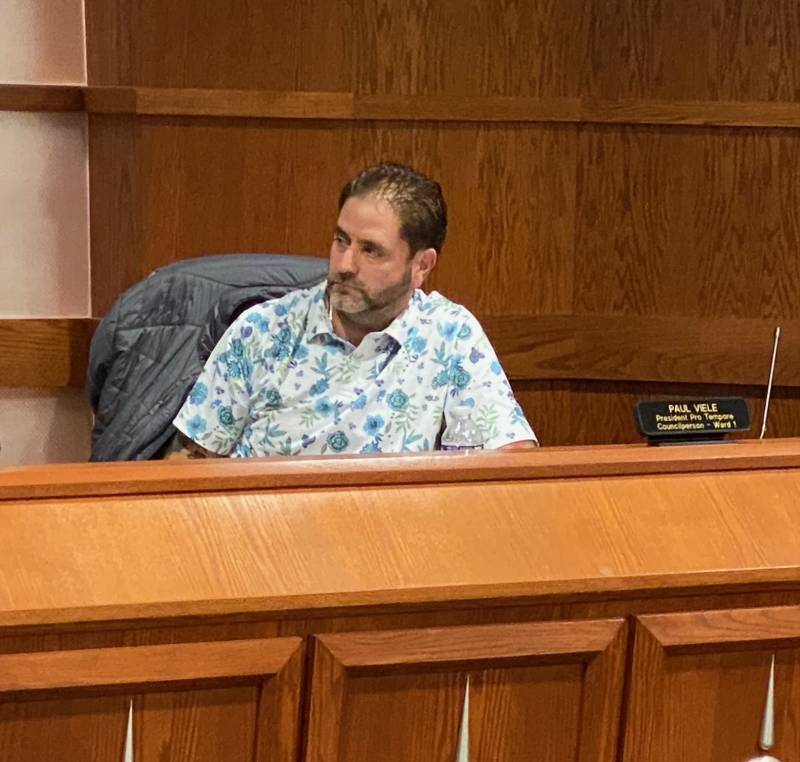
Photo by Joanne Beck
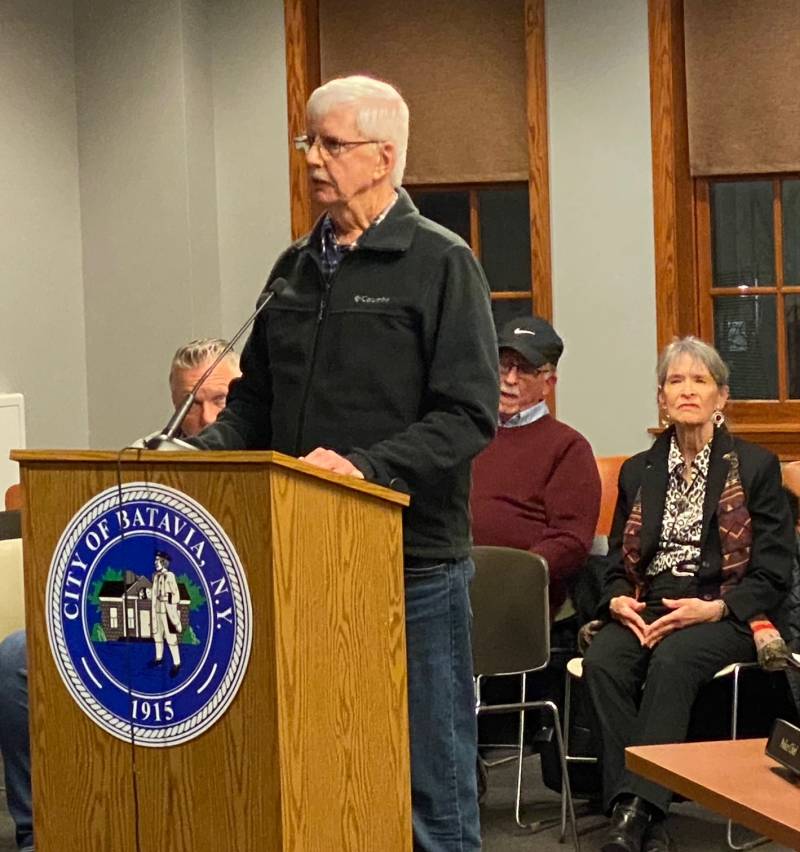
Photo By Joanne Beck





